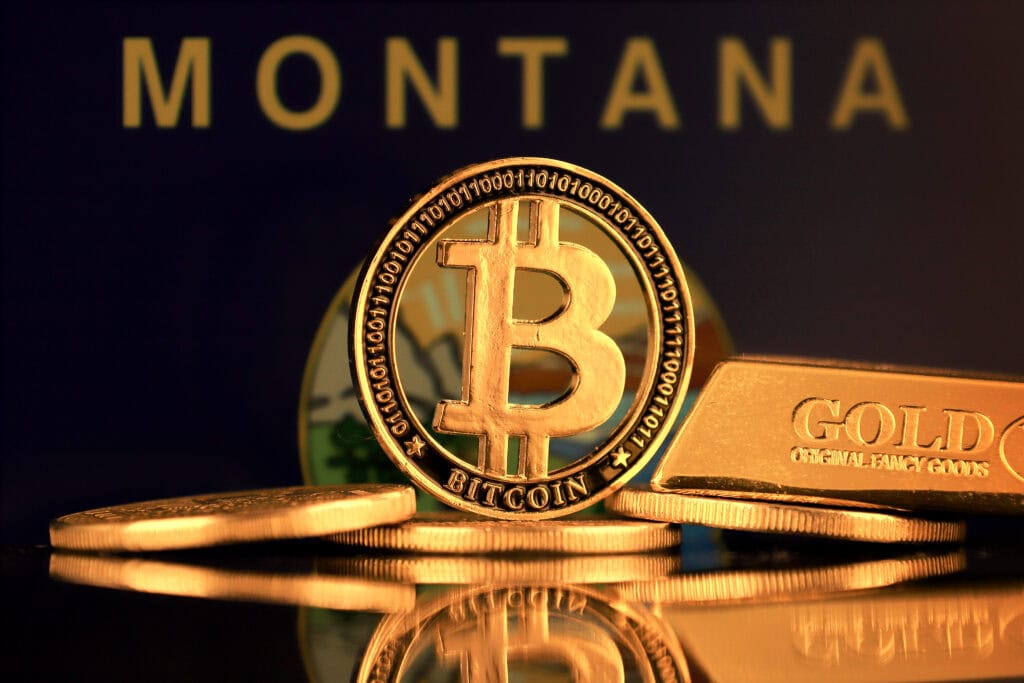
Key Takeaways:
- Montana’s House Business and Labor Committee passed a bill to recognize Bitcoin as a reserve asset, making it the fourth U.S. state to advance such legislation.
- The bill allows up to $50 million to be allocated into Bitcoin, stablecoins, and precious metals, with Bitcoin currently the only eligible cryptocurrency.
- Utah leads in Bitcoin reserve legislation, having successfully passed a similar bill through its House, while federal efforts remain stalled.
Montana has moved forward with recognizing Bitcoin as a reserve asset, as a state subcommittee approved House Bill No. 429.
The bill, which passed the House Business and Labor Committee in a 12-8 vote, now advances to the full House for further consideration.
BREAKING: ‘Strategic Bitcoin Reserve’ legislation in Montana passes out of committee and moves onto a House floor vote – Thank you to the leadership of Rep. Schomer who sponsored the bill. pic.twitter.com/2qwiFOliNR
— Satoshi Action Fund (@SatoshiActFund) February 19, 2025
This makes Montana the fourth U.S. state to progress Bitcoin reserve legislation, following Utah, Arizona, and Oklahoma.
The bill allows the state to invest in precious metals, stablecoins, and digital assets with a market cap exceeding $750 billion—currently, only Bitcoin qualifies.
It also enables the state treasurer to allocate up to $50 million into a special investment account starting July 1.
A key amendment removed a prior requirement that funds be held by a qualified custodian or ETF.
While several other states, including Texas, Ohio, and Pennsylvania, have introduced similar bills, Montana is among the few to advance to this stage.
Utah leads in Bitcoin reserve legislation, having already passed a bill through its House.
At the federal level, Senator Cynthia Lummis continues efforts to introduce a Bitcoin reserve bill, but progress remains slow.
Montana’s latest move highlights growing state-level interest in incorporating Bitcoin into financial reserves.

